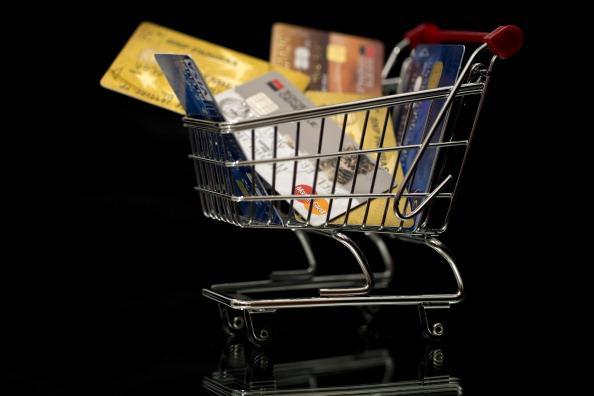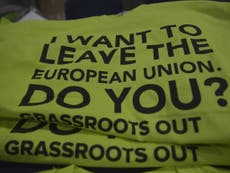What would the world look like if the banks crashed tomorrow?
Huge chunks of money would suddenly drop out of circulation into thin air and the consequences would be catastrophic: cash machines and debit cards would all stop working, threatening the entire financial system with collapse

Like most of us, you will have paid for something online, with your chip and pin or with a tap of your debit card. In fact, it’s likely that you’ll make transactions like this several times a day. Have you ever stopped to wonder: what if this system stopped working? What if you, and millions of others became unable to make payments, exchange funds or access your money?
It’s an eventuality that’s closer than we might care to think. Last year saw the beginnings of the "death of cash", as for the first time, shoppers made more electronic payments than cash payments. The majority of these electronic payments are facilitated by just a handful of institutions, on which the UK public is becoming extraordinarily reliant.
The big four banks occupy 75 per cent of the current accounts market, and if one of them was to fail, a huge chunk of money would suddenly drop out of circulation into thin air. The consequences would likely be catastrophic: cash machines, debit cards would all stop working, threatening the entire financial system with collapse.
It is this scenario that is keeping governments enthralled to the banks. As taxpayers we are on the hook to spend a fortune rescuing big banks, because letting them fail would mean that millions of people would lose access to their money.
However, this need not be the case if it was possible to free up this money from the big four banks. Just as if we withdrew our cash money, we must have the right to withdraw our digital money and handle it independently from banks. In short, the Bank of England could begin to issue digital cash.
Digital cash would be an electronic version of notes and coins, which is different from the money you use on your debit card because of the way it’s created. At the moment, out of all the money we use in the UK, only 3 per cent is in the form of cash. The other 97 per cent is money created by private banks when they make loans, which is in electronic form.
Digital cash provides a way to end too-big-to-fail by allowing people and companies to bypass the banks and pay each other directly using digital cash. This removes a significant amount of risk from the financial system as the big banks would no longer be the weak link in the chain.
The ability to make electronic payments is essential to modern life, but there are still 1 million people in the UK without a bank account. Since the big banks aren’t interested in providing payment services to cater to these excluded people, digital cash could allow a wave of tech startups or new ‘challenger banks’ to provide accounts to these people and increase financial inclusion.
So what is getting in the way of making this happen? Well, it is regulation - usually the enemy of banks getting their own way - that is protecting their control over the payments system.
Last week a deputy governor of the Bank of England announced that it would be starting a year-long consultation about who should have access to its electronic accounts. The introduction of digital cash and opening up the payments system might be on the horizon.



Join our commenting forum
Join thought-provoking conversations, follow other Independent readers and see their replies